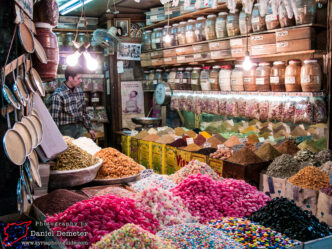
Damascus – Markets دمشق – اسواق
Perhaps nowhere else in Syria does the country’s vibrant culture come alive as in the traditional markets of its major cities. While …

Perhaps nowhere else in Syria does the country’s vibrant culture come alive as in the traditional markets of its major cities. While …
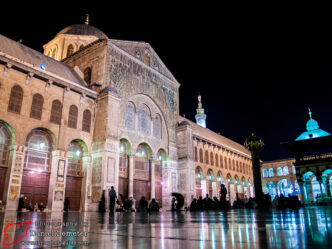
The most important monument in Damascus (دمشق), and perhaps the entire country, is the magnificent Umayyad Mosque (الجامع الاموي). No single historic …
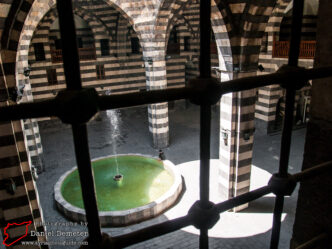
Khan Assad Basha (خان اسعد باشا) is the largest and most noteworthy of the several dozen khans in the old city of …
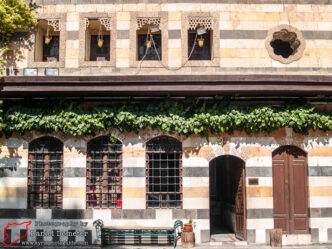
Qasr al-Azem (قصر العظم) is the most impressive and well-known of the historic residences in Damascus (دمشق). The palace was constructed in …
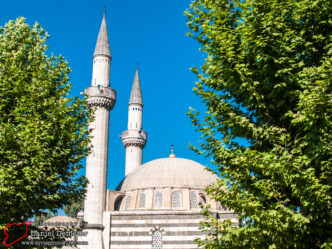
al-Tekiyeh al-Suleimaniyeh Mosque (جامع التكية السليمانية) has been described as the finest example of Ottoman architecture in Damascus (دمشق). Designed by the …
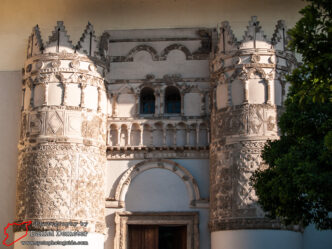
The largest and most important museum in the country, the National Museum (المتحف الوطني) in Damascus (دمشق) is a must on the …
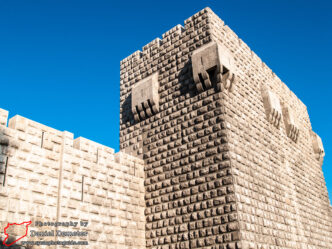
Located in the northwest corner of the old city, the Damascus Citadel (قلعة دمشق) was first fortified under Turkmen warlord Aziz Bin …
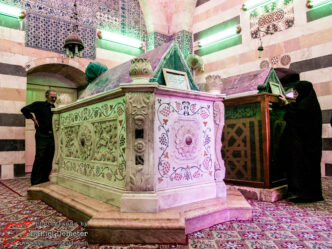
While little remains of the Ayyubid-era al-Madrasa al-Aziziyeh (المدرسة العزيزية), the notable survival is the burial chamber of Salah al-Din Yousef Bin …
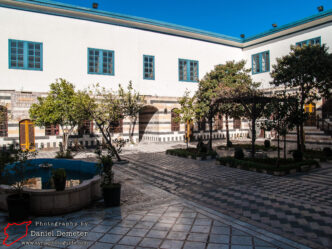
Beit Khalid al-Azem (بيت خالد العظم) is an impressive Ottoman-era house that once belonged to the prominent al-Azem (العظم) family. This luxurious …
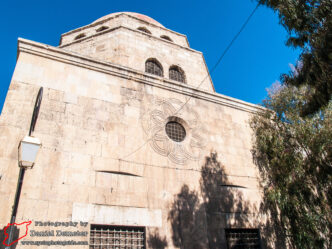
al-Madrasa al-Zahiriyeh (المدرسة الظاهرية) is an impressive Mamluk-era religious school constructed to serve as the mausoleum of al-Zahir Rukn al-Din Baibars al-Bandaqdari …